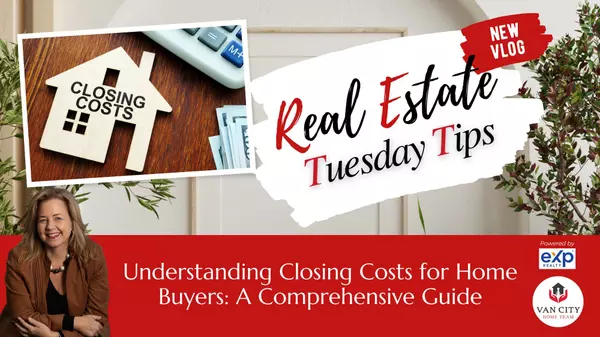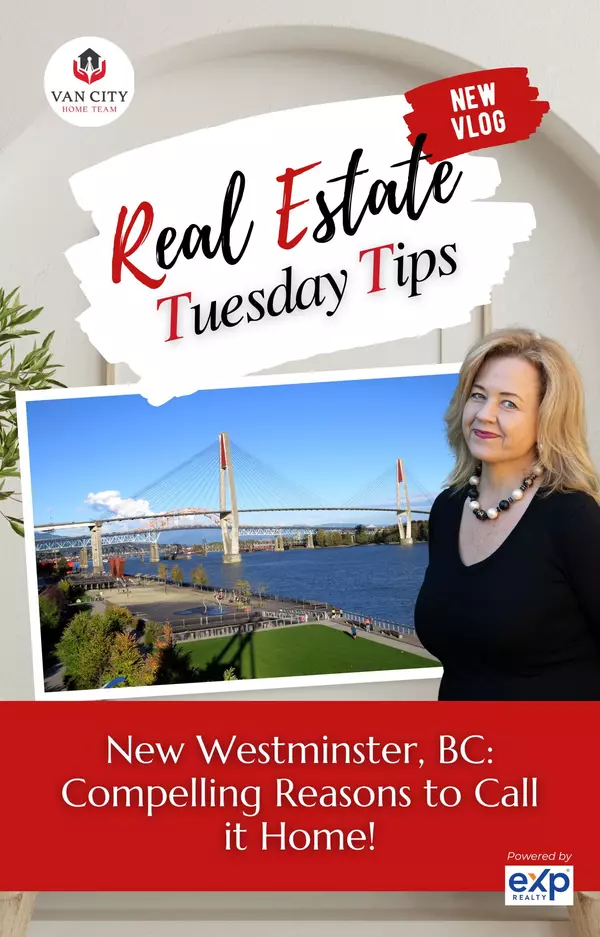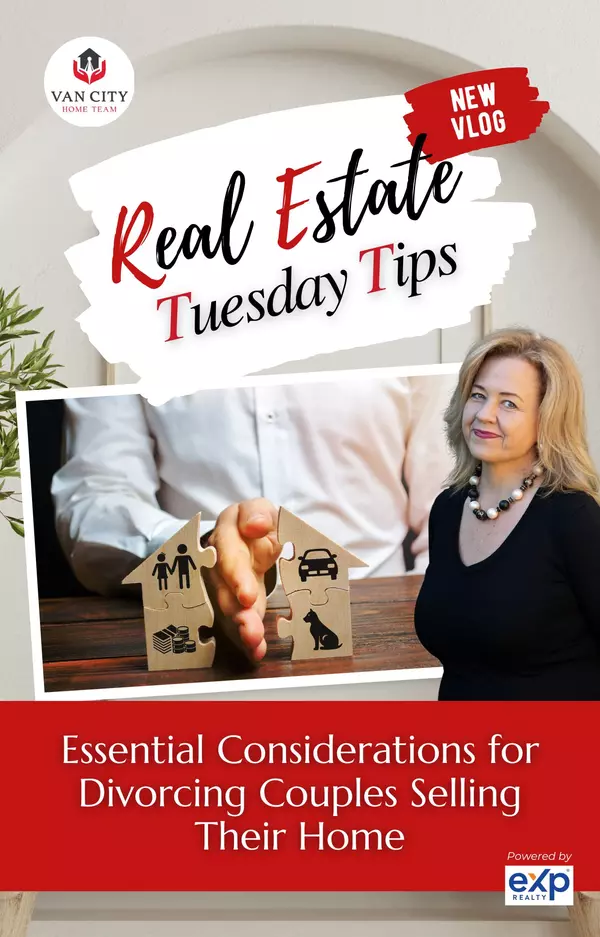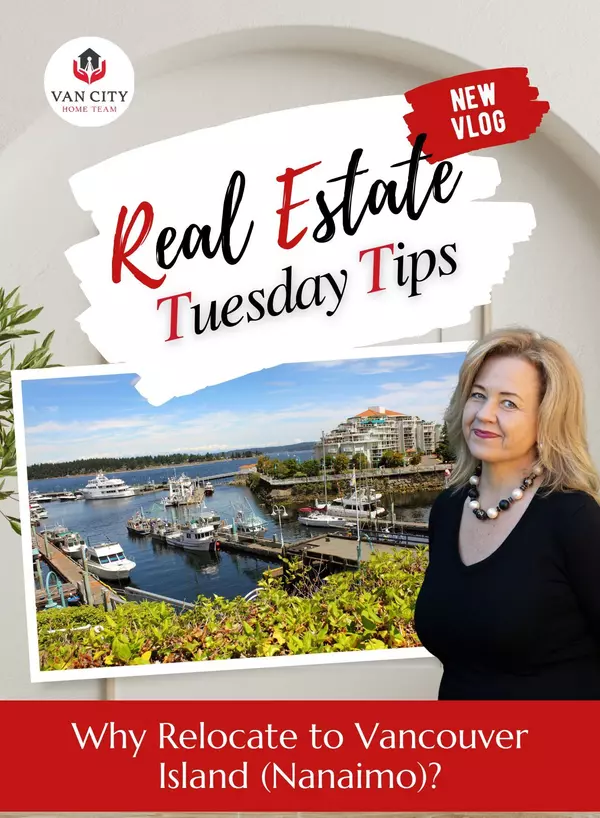9 WAYS TO OUTPERFORM SLOW PROPERTY MARKETS
There are slow property markets all over the world. However, that’s not really a bad thing. Here’s how to outperform slow markets!
- YOU WANT TO OUT PERFORM THE AVERAGE
You are buying an independent property, not the market, so buy “investment grade” properties. These are properties that are owner occupied, and will have their price driven up based on emotional investment. These are the ones that will make you the most money.
How to spot “investment grade” properties:
- You want to buy a property that is at the right stage of the property cycle, so know where you are in the property cycle. Also look at the big picture and see how the economy is performing.
- You want to look at the right state in which you should invest. Look for the one which will deliver economic growth, and as a result, job growth and population growth.
- Capital cities are an area that will experience lots of growth, so choose a capital city! Once you have chosen a capital city to invest in, choose a nice suburb within the city. Look at its history, and see if it has outperformed the averages.
- Look for the right property within the suburb you have chosen! Do not just look for just cheap property, look for something worth a long-term investment.
- DO NOT TRY TO OUTSMART THE MARKET
You may think “Oh look a cheap area to buy, lets focus on them, I hear it's going to boom”. I’m guilty of this myself, but you don’t want to try and outsmart. Pick something that you know is solid like... - INVEST IN THE INNER/MIDDLE RING
How do you spot the inner middle ring? This zone is close to the city center where it is a bit more expensive but closer to the resident’s workplaces. This zone is also where residents have a higher income bracket, so they don’t mind upgrading to a more premier property. This area also tends to have lifestyle attributes, and is usually downtown in city centers. - “FREE ADVICE”
One of the worst things that can happen to a new investor is for everything to go right. If you make $1,00,000 on your first investment; you're going to think that’s the way it always is. However, that is a lucky investment, and these people gain a false impression of the business.
So when the market is flat, make sure to look to people with solid experience and investments without influence from fluctuation. Do not just take “free advice” from a lucky first-time investor. - HORIZON MATTERS
If you look down when on a boat, you will get seasick. But if you focus on the horizon instead, you won’t get seasick! In the same way, investments take a long time, and people may think that just because real estate fluctuates that you can easily jump in and jump out. However, investment strategies should be long-term (~10 years). Ignore the short-term market fluctuations. Keep your eye on the horizon! If you have a strategic investment, fluctuations are no problem for you.
STRATEGIES
Focus on properties that....
- appeal to the owner. Also, owner occupied areas retain their value and its value is pushed up automatically.
- Are below intrinsic value. Avoid new builds as they often come at a premium price.
- has a high land to asset ratio. Take a look at tax assessments and how much value is allotted to the land.
- are in areas with a history of strong capital growth, and are continuing to outperform the averages.
- have something special and more rare
- are a place where you can manufacture capital growth through refurbishment and renovations. If you want to upgrade the property, you can make some money in a certain area based on those improvements.
- are in a good location. 80% of your property’s performance is based on location! It is tempting to think there are new areas that will boom, but why would you look at something that MIGHT work instead of one that has ALWAYS worked?
Also...
- know your finances, make smart decisions, and make sure you have a line of credit for when you don’t have rental income or need to do renovations.
- never set it and forget it. We think we can just set everything and then forget it, and it will be automated. However, if you really want to have an investment, you have to manage, modify, and get rid of what is not working (no point in hanging onto a property that’s not working well).
The Bottom Line:
Successful property investment doesn’t have much to do with the market. If you follow a proven strategy, you can’t really lose! With a strategy, you are not relying on an upswing of the market. Just keep your eye on the horizon and you’ll come out on top!
Categories
Recent Posts

Understanding the Costs of Selling Your Home in British Columbia, Canada

Understanding Closing Costs for Home Buyers: A Comprehensive Guide | Natasha Koch

Insights You Might Have Missed When Selling Your Home During Divorce

Why Selling Your Home Amid Divorce Differs from Conventional Sales

New Westminster, BC: Compelling Reasons to Call it Home!

Newcomers in Canada: A Comprehensive Guide to Buying Your First Home

Moving Forward Together: Essential Considerations for Divorcing Couples Selling Their Home

Why Relocate to Vancouver Island (Nanaimo)?

Navigating the Sale of Your Home During a Divorce: Expert Strategies and Recommendations for a Smooth Process

Real Estate: Myth Buster Series - Size Edition
